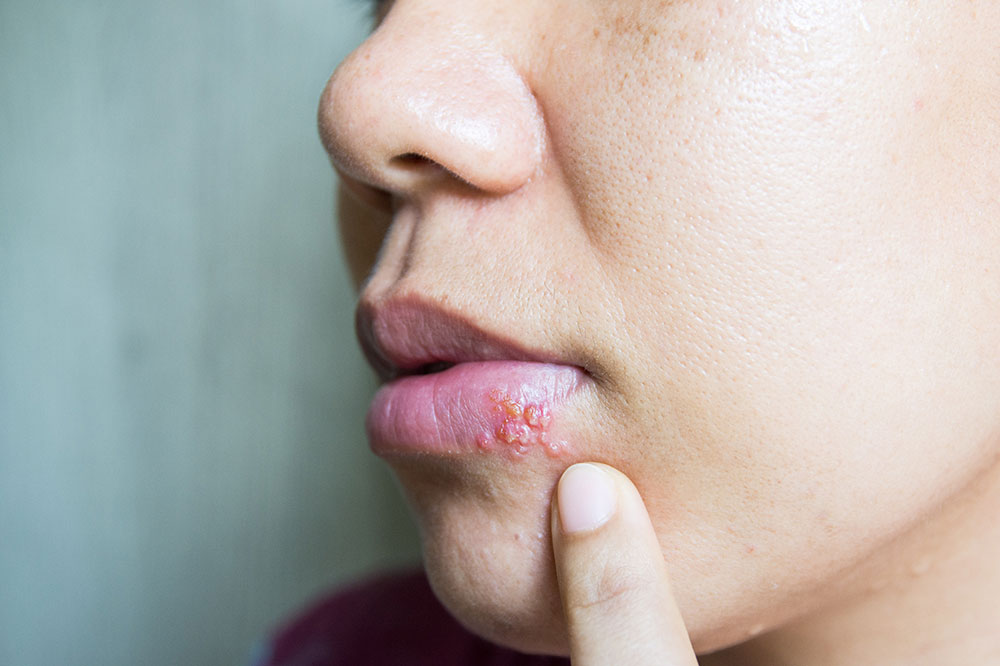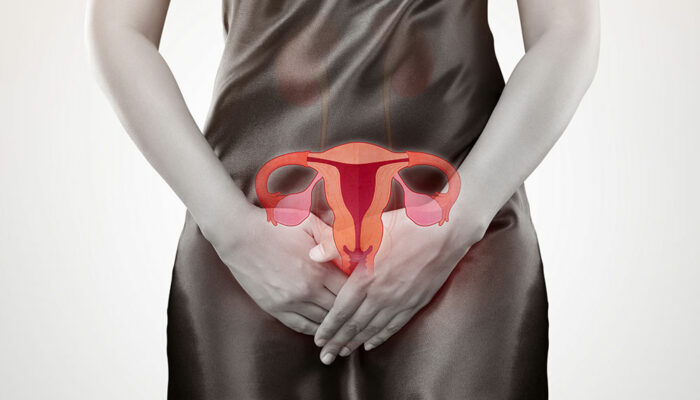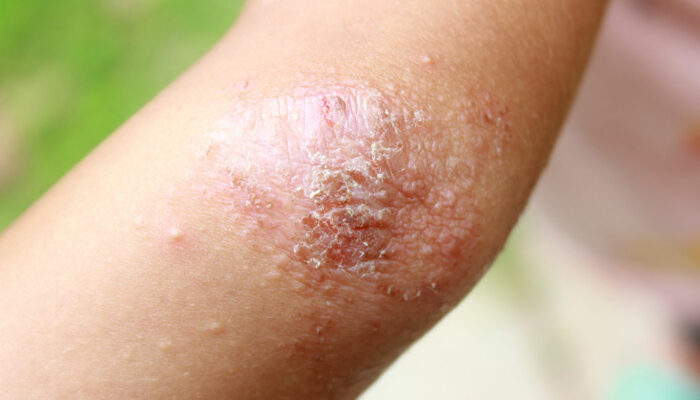
6 Causes and Triggers of Cold Sores
Cold sore outbreaks are common among adults who have contracted the herpes simplex virus. These blisters develop on the lips and may spread if one doesn’t take the necessary steps. The triggers of these outbreaks vary from one person to another, but understanding the common triggers and risk factors associated with cold sores can help one manage the flare-ups in the long run.
1. Herpes simplex Virus-1
Cold sores are commonly caused by the Herpes Simplex Virus -1 (HSV), which is highly contagious. Adults who develop cold sores can spread the virus via oral contact (kissing) or even sharing utensils and personal products like shaving razors or face creams. The infection might often go unnoticed till the blisters are more visible. This infection is the main cause of cold sores, but they may be triggered by multiple factors.
2. Stress and fatigue
Any physical duress, mental stress, or even fatigue due to overexertion can activate dormant viruses like HSV-1 and trigger a cold sore outbreak. Studies indicate that stress brings down immunity and gives the dormant virus a chance to replicate, which leads to cold sores. Stress also affects the body’s natural ability to heal and may often cause symptoms of infections like cold sores to flare up unexpectedly.
3. Hormonal changes
Adults may experience changes in their metabolism triggered by hormonal fluctuations, and this indirectly affects their immunity. For example, hormonal changes during the normal menstruation cycle, pregnancy, or menopause can trigger cold sores in women. One can take steps, like trying relaxation exercises, monitoring their menstrual cycles, getting adequate rest, and preparing for pregnancy, to manage this trigger.
4. Exposure to extreme weather
Living in areas with a hot climate, extreme humidity, or extremely cold weather can trigger cold sores. The lips dry up in cold weather, leaving them vulnerable to cold sore outbreaks. Additionally, these pus-filled blisters can burst open when subjected to changing weather conditions, adding to the pain and discomfort. It’s best to protect the face against harsh weather and ensure ample fluid intake to stay hydrated and prevent cold sores. Topical or oral medications may be used to treat the cold sores and reduce the healing time.
5. Dental treatments
Some dental treatments like a root canal or even tooth replacement can trigger stress and anxiety among patients. The elaborate processes can cause pain and pressure on the mouth or lips, which increases the chances of dormant viruses like HSV-1 triggering a cold sore outbreak. Using a cold compress on the lips after visiting the dentist’s office can help keep them at bay.
6. Compromised immunity
Not having a proper routine, lack of nutrition in the daily diet, delayed vaccinations, side effects of certain medications, and not getting adequate rest can all affect one’s immunity. When the immune system is down or fighting another illness, the risk of developing cold sores goes up significantly as the dormant virus reactivates.



